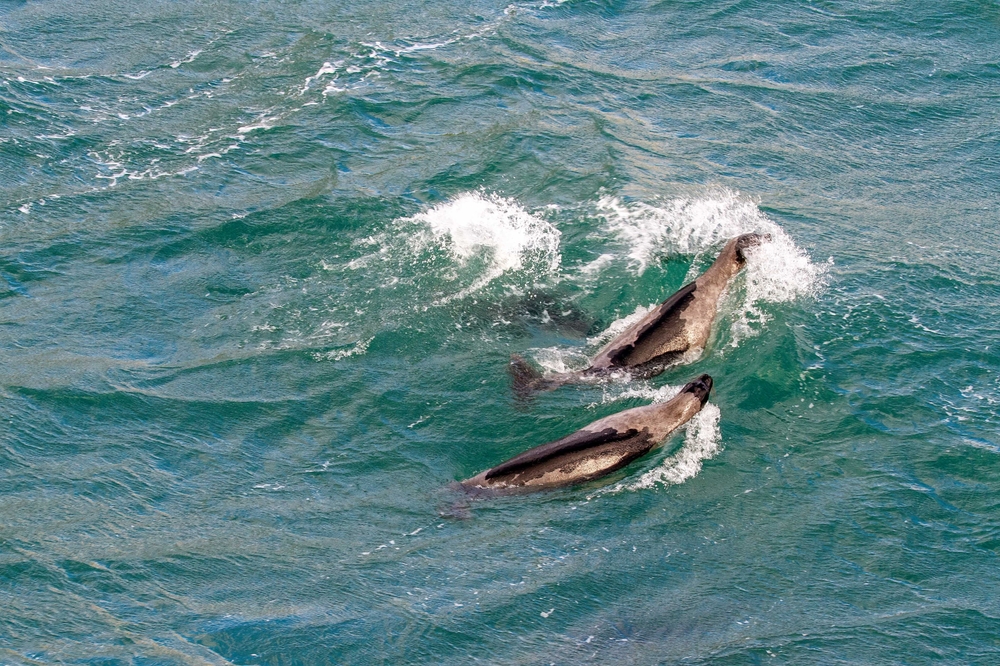Source: CBC
Wildlife officials in Nunavut are expanding efforts to test animal species for avian flu (H5N1), following the territory’s first confirmed case in a northern fulmar near Resolute Bay. Though the virus is not believed to be widespread in the North, global reports of avian flu in mammals, including Arctic species, have raised concerns.
H5N1’s recent spread to U.S. cattle highlights the potential for human infections when influenza viruses mix, emphasizing the need for increased vigilance. In Canada, avian flu has affected 12 wild mammal species and over 100 bird species since 2022, with one human case linked to a poultry outbreak in British Columbia. Testing Arctic species poses logistical challenges, requiring sample transportation to specialized labs and ensuring hunter safety. Wildlife officials urge hunters to report and safely handle sick animals for testing. While the risk of human infection remains low, precautions are essential, particularly when handling raw or undercooked “country food.”
Read the full story HERE: https://www.cbc.ca/news/canada/north/avian-flu-mammals-arctic-1.7391145

